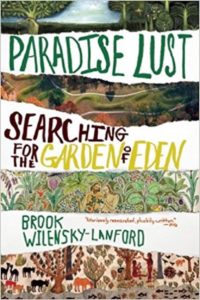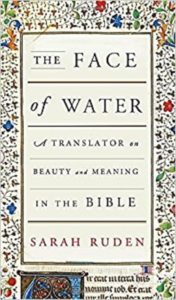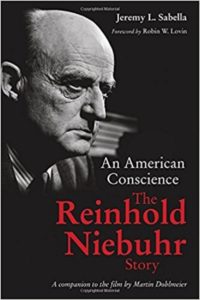 The Reinhold Niebuhr Story
The Reinhold Niebuhr Story
Reinhold Niebuhr was among the most influential American theologians in the twentieth century. The author of Moral Man and Immoral Society, he emphasized the need to guard against the evil inherent in humanity, and his ideas ultimately helped inform the Civil Rights movement. This new biography by Jeremy Sabella is a companion to the recent documentary on Niebuhr’s life. It uses material from interviews with a number of prominent figures, including former President Jimmy Carter, to evaluate the impact of Niebuhr’s career. Sabella’s book is a valuable introduction to the thought of an important thinker.
Reviews and endorsements of the publication include:
“Reinhold Niebuhr makes me shake and tremble as a human being when I think of the depths of his courage, his vision, his determination, his discipline, his willingness to expose himself publicly and to continually grow and mature. That’s why I consider him a soul mate.”—Cornel West
“Niebuhr had audacity. He wrote with audacity. He took big public stands. . . . There are not too many theologians who have that kind of courage anymore.”—David Brooks
For more information on the publication, click here.
Fellow travelers are scholars, activists, and practitioners that embody the ideals and commitments of the Project on Lived Theology. We admire their work and are grateful to be walking alongside them in the development and dissemination of Lived Theology.

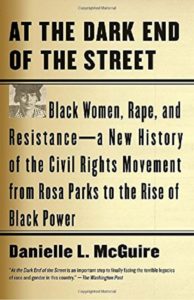
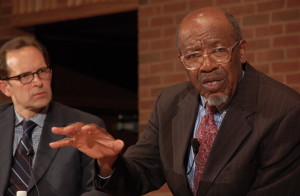 In Conversation on God and Justice
In Conversation on God and Justice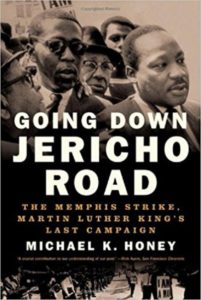
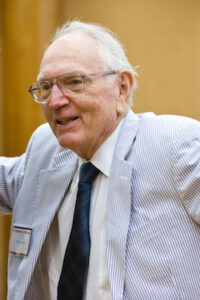 Highlighting a Local Activist’s Role in Securing Civil Rights
Highlighting a Local Activist’s Role in Securing Civil Rights